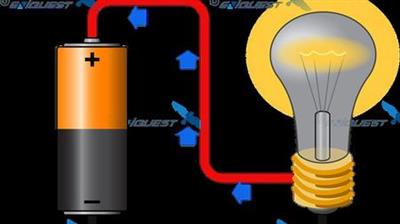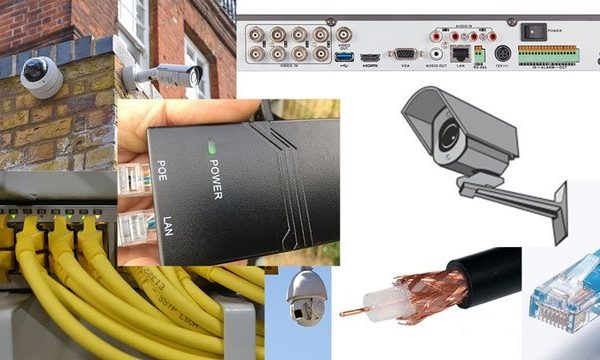Language: English | Size: 377 MB | Duration: 1h 30m
Learn easy and reliable Electrical and Control circuit analysis in Matlab
What you’ll learn
How to simulate an electrical circuits in Matlab
Students will learn how to use essential laws and electrical relationships to solve electrical problems
Students will learn how to use essential commands in Matlab for circuit analysis
Students will learn how to find the unknown circuit elements in Matlab
Matlab Circuit Analysis toolbox and commands
How to simulate an electrical circuit in Matlab
Students will learn the key concepts and theories of electronic circuits
Description
MATLAB programming language and software is one of the essential tools for scientific studies in various scientific and technical fields today.
The capabilities of MATLAB software and programming language are used to solve practical and applied problems.
Circuit analysis is the mathematical analysis of an electronic circuit to find unknown elements across each component, such as current, voltage, resistance, impedance, and power.
By numerical calculations in Matlab, we can perform circuit analysis and solve electronic problems to find unknown elements across each component.
The major focus of this course is demonstrating the use of Matlab to solve electronic problems.
Each part of the course consists of two sections, the first section covers the key concepts and theory of an electronic circuit to understand some essential laws, electrical quantities, theorems, and electrical relationships and do the calculations in given circuits as examples to obtain the needed equations for unknown elements.
The second section will teach you the needed commands and statements to solve the illustrated problems and equations and find the unknown circuit elements in Matlab to reduce the circuit analysis time dramatically.
In this course, We will be working on many examples together and the basic introduction to Matlab commands will be provided in each problem.
The summary of each section content is listed below:
Nodal and Loop analysis
Applying nodal and loop analysis, in a step-by-step approach to creating needed equations and eventually use Matlab to solve these equations.
Transient analysis
This part includes RC and RL networks, on the other hand, the analysis of the circuits in Matlab during the time that changes from one steady-state condition to another steady-state condition.
Phasor-domain circuit analysis
In this section, the phasor method will be used to replace the time derivatives with complex numbers. You will learn how to have the equivalent phasor circuit then apply the nodal and loop analysis to obtain the equations and how to solve them in Matlab to yield the unknown elements.
Laplace transform
In this section, we will Demonstrate the Laplace transform to obtain the voltages and currents in the RLC circuit. After converting each circuit element to the S domain, by using algebraic techniques, the circuit can be analyzed. Finally, by using the inverse Laplace transform in Matlab, the result can be represented in the time domain.
Transfer function which expresses the relationship between the output and input is presented in this section, and we will solve a problem by this method in Matlab.
Frequency response
You will learn how to obtain the frequency response of the RLC filter and plot the measure of magnitude and phase of the output versus frequency in Matlab to analyze the circuit.
Operational Amplifier
the basic properties of op-amps and defining the transfer function for the circuit with example problems solved using MATLAB will be provided. Also, the frequency response of circuits will be illustrated with the help of Matlab to analyze the op-amp circuits.
Who this course is for:
Students who are interested in circuit analysis
Students who want to learn the concept and theory of electronic circuits
electrical engineering students who want to use Matlab to analyze and design electronic circuits.
Professional engineers and technicians looking to add a new skill to their portfolio
Who this course is for:
Electrical and Electronic Engineers who want to simulate electrical circuits
STEM students who need a reliable and fast method to simulate electrical circuits in Matlab











Reviews
There are no reviews yet.